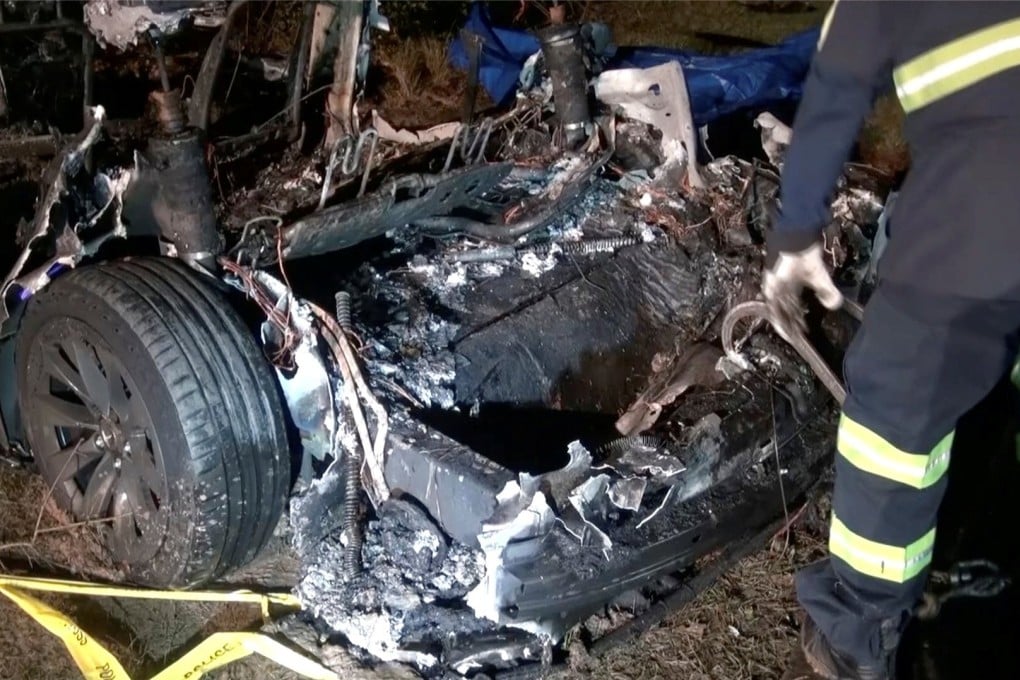Advertisement
Outside In | Why era of self-driving cars is still far off despite Elon Musk’s big talk
- Despite years of confident pronouncements from tech visionaries, the takeover of our roads by autonomous vehicles has yet to occur
- High costs, technical hurdles and limited 5G roll-out are all thwarting the imminent arrival predicted by Elon Musk and other luminaries
Reading Time:4 minutes
Why you can trust SCMP
4

It was almost six years ago that I harrumphed against the exuberant predictions about the imminent autonomous vehicle takeover of our roads. Today, quietly and without hubris, I can sneak a smile and say I told you so.
A phalanx of tech visionaries have hailed the arrival of “robotaxi” services in the United States and China in the past few months. Even so, I will repeat: fully automated vehicles capable of driving on our open roads will not be here in most of our lifetimes, and certainly not in the lifetimes of old fogeys like me.
Chris Urmson, then the leading driverless engineer for Google’s project, now branded Waymo, predicted in 2015 that they were just a couple of years away from mass deployment, with plans to order 82,000 vehicles. Uber was projecting 100,000 driverless taxis on the roads by 2020. Lyft said most of its rides would be autonomous by 2021.
In 2016, Elon Musk predicted “complete autonomy” for his Tesla cars “in less than two years”. Just last month, a starry-eyed Musk insisted “full self-driving” technology would be solved this year. But as the Financial Times’ Patrick McGee said last July: “The closer they got to a consumer-facing product, the more complex the problem was understood to be.”

To be fair, there has been some progress. GM’s Cruise has won a licence to offer taxi services in an area of northwest San Francisco, but only for employees and between the hours of 11pm and 5am. Google’s Waymo has operated driverless ride-hailing in suburban Phoenix, Arizona, for about two years.
Advertisement
